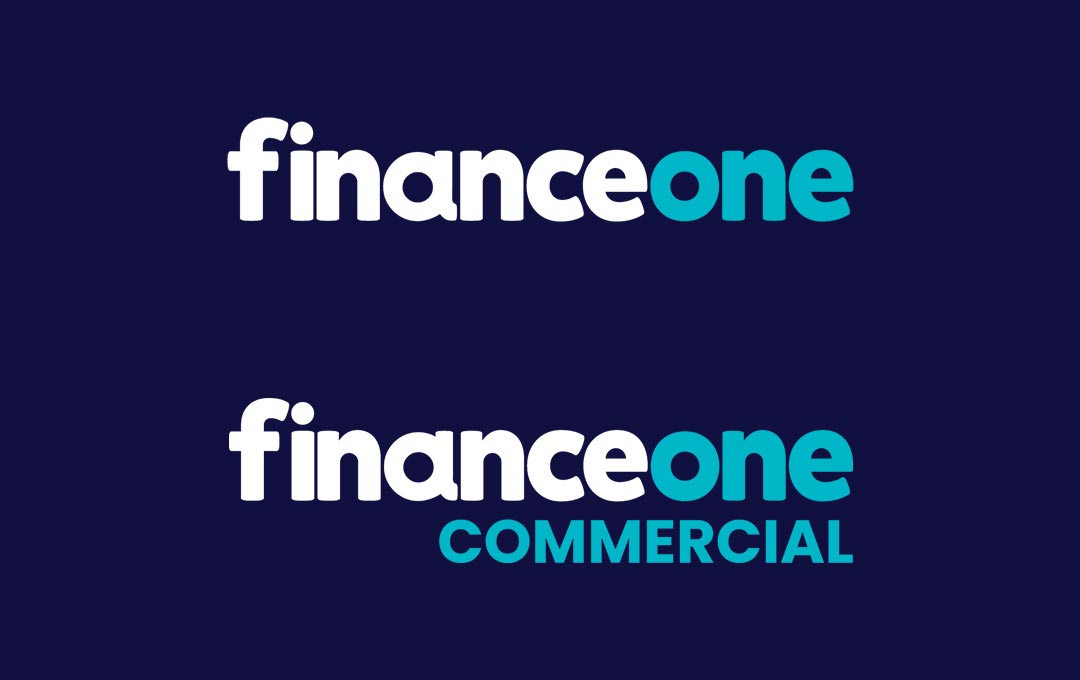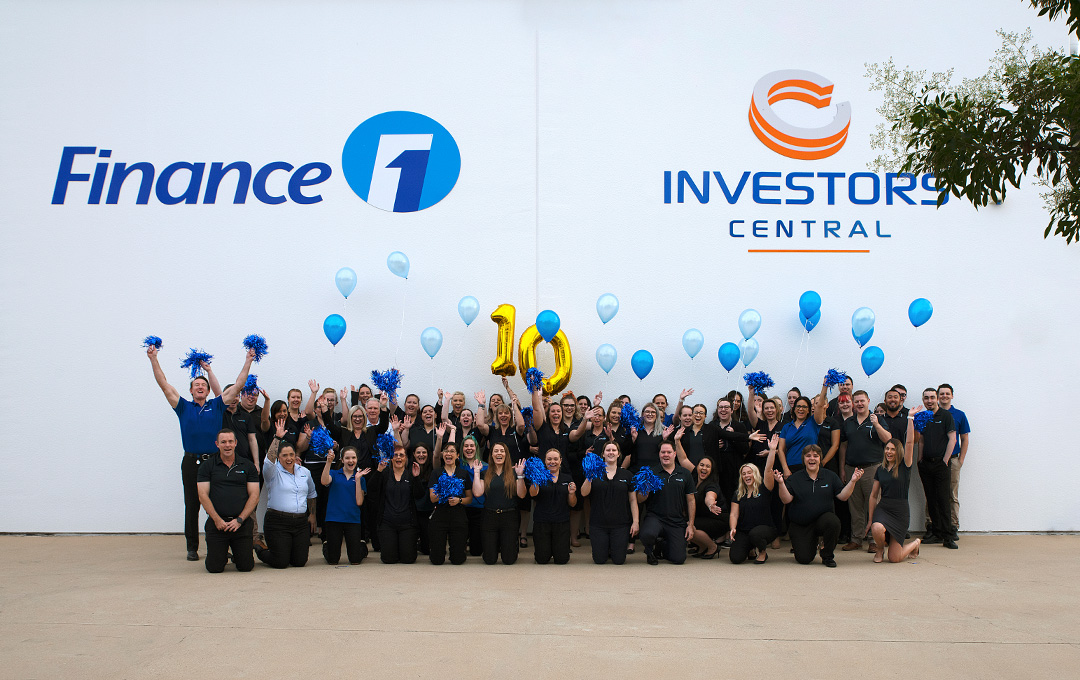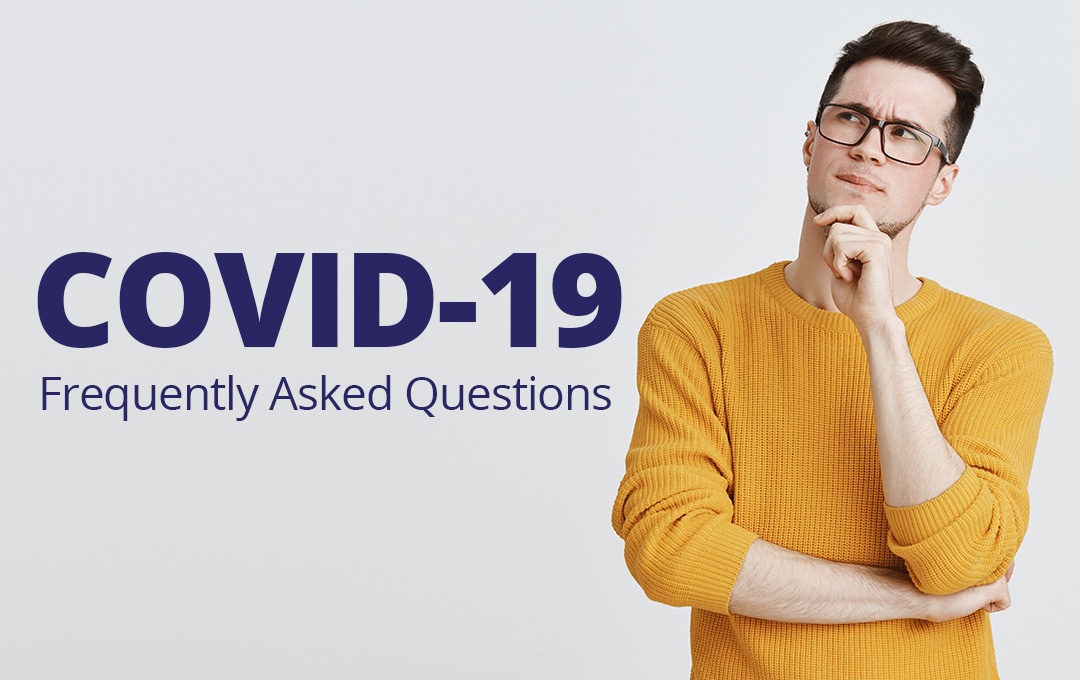Here, we take you through some of the steps to take when buying a used car.
Researching car options
Set a budget — especially if you’re using a car loan
If you plan to use a car loan to pay for your car, it’s often a good idea to speak to a lender to get an idea of how much money you can borrow. Lenders like Finance One may be able to give you conditional pre-approval, so you know exactly how much you can spend. This will help with your search for the perfect vehicle. Having a fixed budget in mind should mean that you won’t fall in love with a car that is beyond your capacity to make repayments.
It is useful to identify how much your car of choice will be worth. A great resource is Red Book, which gives values of vehicles based on their make and model. This is a great starting point when assessing used car loans and prices, as it keeps up with fluctuations in the used-car market.
Secondary considerations may include how your chosen car stacks up in terms of its safety features and how environmentally friendly it is.
Here to help...
If you are looking at purchasing a used car using a car loan, but you have a poor credit history, or no credit history, Finance One may be able to help.
Apply Online NowUnderstand the expenses that come with the car
The expenses don’t stop after you’ve purchased a vehicle! There are many ongoing costs that you’ll need to consider.
It is important to consider the fuel economy of the vehicle you’re looking to buy. Finding a fuel-efficient car could save you hundreds (or even thousands) of dollars a year, especially if you’re driving in the city, which generally uses more fuel.
It’s also worth looking at the type of fuel that the car takes. There are pros and cons to both diesel and petrol vehicles.
You’ll need to look at vehicle insurance options. Insurance costs can vary significantly between makes and models of cars and insurance providers, so this is worth investigating early on. There are also different types of vehicle insurance to consider, such as:
- Comprehensive cover.
- Third-Party Fire and Theft.
- Third-Party Property Damage.
- Compulsory Third-Party.
Did you know:
If you’re accessing a secured loan for your car purchase, many lenders make it a requirement for secured loans to always hold comprehensive insurance on the vehicle.
Car registration needs to be paid before driving the vehicle on the road. The price varies depending on the specifications of the vehicle. Things that impact the price of registration include:
- The registration type — new or renewal?
- The vehicle type —for example, a passenger vehicle or light commercial vehicle?
- Vehicle specifications — for example, the number of cylinders.
Maintenance
All vehicles need to be maintained with regular services. However, depending on the type of vehicle, services may be more expensive. Many new cars come with warranties that can last for several years. If you are buying a car, it is worth checking if it is still under a new-car warranty, as this could save you a significant sum of money if something goes wrong with the vehicle during the warranty period.
Searching for a vehicle
Once you’ve assessed what you want and what you can afford, you can start looking at cars a little bit closer. The first step is to consider where you want to buy your vehicle.
For the most part, you have three options – privately, through a dealer, or at auction. Each one has its own advantages and disadvantages to consider.
Thanks to the internet, you can easily look online and find a range of cars for sale within seconds. These are known as private sales, and you are simply entering into a transaction with the seller.
The cost of buying a car privately will generally be cheaper than if you bought that same car from a used car dealer. Dealerships have overheads that they need to pay, which can increase the price to around $2,000 or more on lower-priced cars sometimes.
However, when you’re buying privately, you don’t have the luxury of having a dealer’s warranty in place. It’s on you to make sure everything checks out. If you purchase through a dealer, you will likely get a short warranty period (three months) depending on the state or territory, and generally, the car will be in good condition.
It’s important to note that not all dealerships are created equal. Some focus on higher-end cars, with very cheap vehicles ending up with other dealers. So, just because you are buying through a dealer doesn’t always mean you’re getting a great car, but you do have the comfort of knowing that if the vehicle breaks down, it is likely to be covered under the warranty. Be sure to read the terms and conditions of the warranty closely beforehand to consider what cover is provided.
Buying through a dealer also gives you the opportunity of trading in your old car. Just don’t expect to get top dollar for it.
Whether buying a used car through a dealer or privately, you should consider getting it inspected by a third party prior to purchase. Independent inspectors charge a few hundred dollars and will go over the car to make sure it’s in good working order and should help ensure you’re getting what you pay for.
When you get your report from the inspector, you can often use this to help negotiate on price, or even upgrade things like tyres if the old ones are worn down. An inspection is a cheap and easy way to ensure you’re getting a suitable car. This can be a big advantage if you don’t know much about cars.
Another place to find cars is at car auctions. Often, ex-government cars or company cars will be auctioned off due to the sheer logistical issues of selling them by private sale regularly.
Buying used cars at auction is one way to save money and potentially get a good deal. However, you generally can’t get the vehicle inspected prior, and this can be an issue if you’re not car-savvy.
It is possible to use a third-party buyer, who specialises in locating and buying cars both privately and at auction. This can make the vehicle buying process significantly easier.
Have your car inspected
Before buying a car, it’s a must to give it a check and test drive. If you use a car buyer or inspector, they can take care of this for you.
If you need to do it yourself, here are a few DIY tips:
- Cosmetically, the exterior shouldn’t have any large chips or dents in the paintwork, or the bumper, and other panels should all be in place and solid. If you find any marks, it could be worth using it as a bargaining chip when negotiating the price.
- Tyres need to have plenty of tread left on them. Ideally, 5mm or more, and it should be even across all four tyres. Don’t forget to check the spare tyre as well. Make sure you familiarise yourself with what is and isn’t legal when it comes to tread on tyres.
For a non-car-savvy person, it’s not always easy to tell if there are issues with the car, but some main areas to check are:
- Check the colour and for any leaks.
- Look for signs of corrosion.
- Look at the colour and check for signs of leaks.
- Clean areas. While a clean engine bay can be a sign of care, it can also signal that the owner is trying to hide something. Be wary of any parts that look as though they have been recently cleaned.
- For the most part, the inside of a car is purely for comfort and looks, but you want to make sure the vehicle has been looked after.
- Look at the odometer reading to learn how many kilometres the car has done.
- If a car has been well maintained both inside and out, it’s a good indication of the type of owner.
- Don’t forget to get the PIN for the stereo if there is one.
- When you start the engine and when driving, listen for any strange sounds. If you see leaks or smoke, this is a warning sign.
- See how the car responds when you accelerate, particularly up a hill and keep an eye out for anything that seems unusual.
- Warning lights on the dashboard shouldn’t be turning on and off.
After the sale
Can you get a flexible car loan if you have bad credit?
If you are looking at purchasing a used car using a car loan, but you have a poor credit history, or no credit history, Finance One may be able to help. Finance One can help with personal loans such as an unsecured loan or secured loan. We provide finance for cars purchased from dealership sales, private sales, or an auction house*.
If you’d like to discuss car finance for a used or new car, get in touch, and we’ll be more than happy to discuss how we may be able to help you with a suitable car loan. Now get out there and find yourself a bargain! With used car loans and a huge second-hand market, you’re spoiled for used-car choice!
Apply for a car loan
*Normal lending criteria apply. Fees and charges are payable. Terms and conditions apply.
Finance One means:
Fin One Pty Ltd – ABN: 80 139 719 903
Australian Credit Licence: 387528
Disclaimer: The information above is of a general nature only and does not consider your personal objectives, financial situation or particular needs. You should consider seeking independent advice regarding your legal, financial, taxation or other needs, to check how the information relates to your particular circumstances. We do not accept responsibility for any loss arising from the use of, or reliance on, the information. All loan applications are subject to normal lending criteria. Fees and charges payable. Terms and conditions apply.




